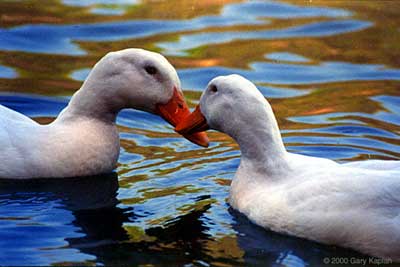Last year, I talked about being compassionate to companion animals, buying animal-friendly gifts, eating vegan turkey, and being eco-friendly on Christmas. These are great topics, but that's just the tip of the iceburg, so this year I get to elaborate. (Yay!)
Vegan Christmas Foods
What's on your X-mas grocery list this year? If you're not the one doing the shopping, I suggest talking to the person who is. Often, people will buy things like turkey or ham, eggnog, and milk chocolate. You can avoid these things, however, by buying Tofurkey, making vegan eggnog, and getting vegan treats. Here is a picture of a vegan treat plate from VeganBits.com:

Click on the picture or here to see which vegan treats were purchased to make this delicious-looking plate!
If you have kids, you can get them vegan chocolate advent calendars from Amazon: http://www.amazon.co.uk/exec/obidos/ASIN/B009H89QQK/lucysveganhous0d.
Vegan Christmas is getting easier every year, folks!
Getting your Relatives to Understand your Awesome Vegan-ness
Unfortunately, sometimes vegans have to cope with annoying questions and complaints about our diet on Christmas. We also have to deal with the unpleasantness of people eating meat while we have an otherwise-nice conversation with them. I cover these issues here in another blog post.
How to Recieve Non-Vegan Gifts When You ARE a Vegan
Has Aunt Sally ever tried to give you a nice warm pair of wool mittens, or Cousin Bob gifted you a bag of bacon strips? Sometimes it does happen, and you have to be prepared. First, make sure your relatives know that you will be remaining vegan this Christmas (sometimes they need reminding), and that yes, meat (including poultry) and wool and honey and eggs and milk aren't vegan. And fish isn't vegan (another thing they need to be reminded of, especially if they think veganism is a fad diet). Let them know that your vegan lifestyle is very strict and that you won't make a few "exceptions" to make people happy. (But please, be less blunt about it than that.)
If someone gives you a non-vegan gift and asks you, "Is this okay? Is it vegan?", tell them the truth. This could prevent further mishaps next year. If they offer to take it back, let them.
If you recieve a non-vegan gift and the person doesn't know it isn't vegan, you might want to tell them. If it's too awkward to tell them in the moment (ie. you're at a huge family party and everyone is watching you open your gift), tell them later, but only if you think they'd understand.
However, if someone gives you a non-vegan gift and they really don't understand that they shouldn't, and you don't think they can ever understand, just smile and thank them and move on. You can always donate it to the Salvation Army or something.
Lastly, if someone gives you a non-vegan gift with a wink and says, "I know you're vegan, so I thought I'd treat you to something you wouldn't allow yourself normally", seriously tell them what your lifestyle choice means to you. It's about saving animals (and maybe also the environment). You don't "cheat" like when you're on a diet for your health (or appearance, as many modern diets are focused on).
Lastly, remember that the holidays are about spending time celebrating with family and friends. It is an unfortunate fact of modern life that most Christmas celebrations in developed countries place a high degree of importance on gifts and food. Your celebrations don't have to be like that, though. You can have gifts and food as an aside to the real importance of Christmas, which is joy, love, peace and hope. Not devotion to the consumer cult.
Adios for now! Next week I think I'll talk about something very, very tiny...

